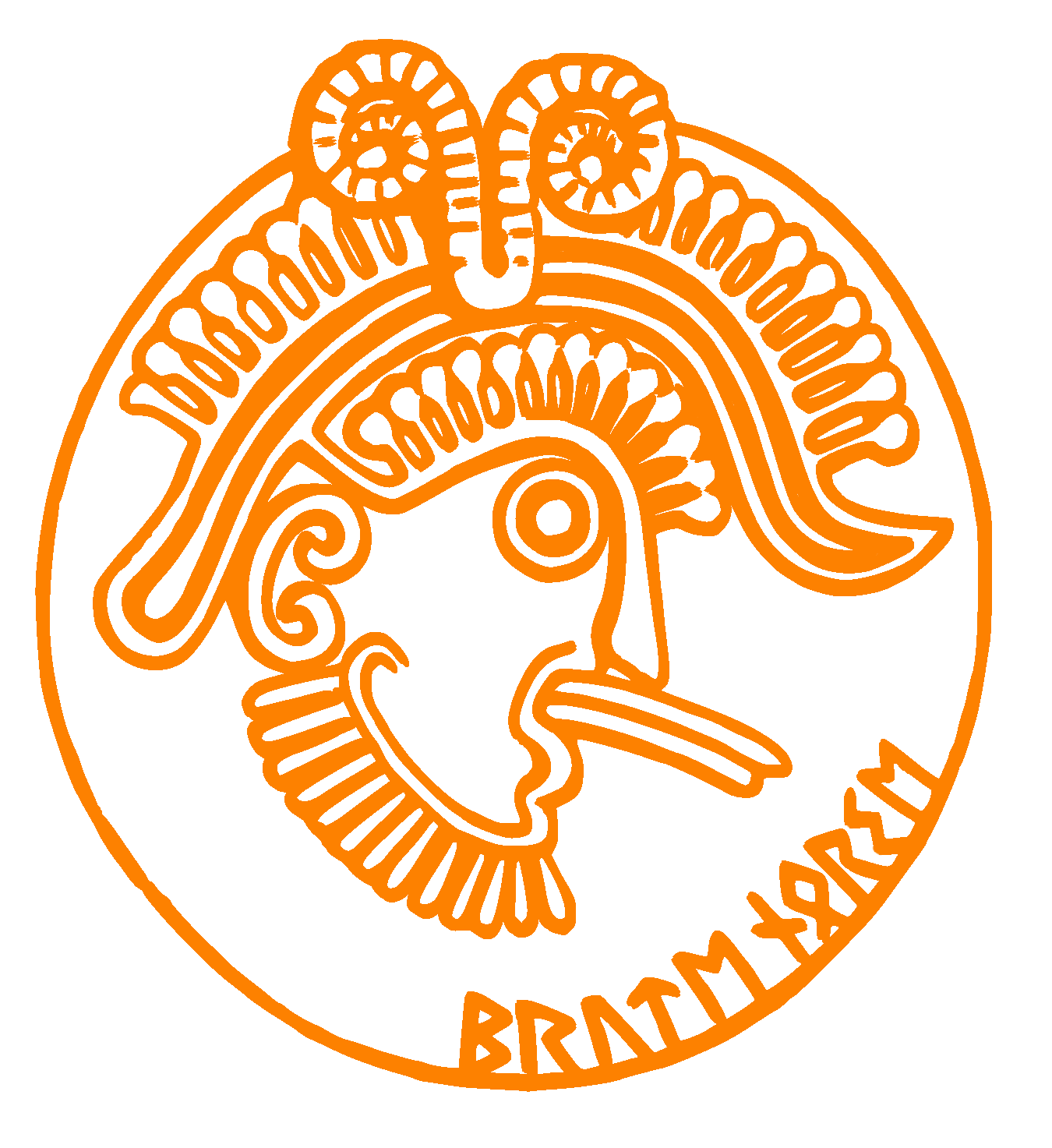Norse culture and language "irrelevant" to students, says Norwegian government agency. They are dead wrong
/The Norwegian Directorate for Education are chipping in for a shallower, more intellectually flaccid world, as a panel tasked with proposing revisions to the school curriculum recently suggested cuts to older linguistic and literary history from the Norwegian subject curriculum. This is part of the Ministry of Education and Research's newfound doctrine of renewal, intended to pave way for what they think will be a more contemplative and considerate educational platform, to the abandonment of "irrelevant" subjects.
Schools barely touch upon Old Norse in the first place, so we may rightfully ask what there is left to cut before these lifelines are entirely severed. Downsizing whatever remains of a cultural historical perspective would no doubt have the opposite effect, if the goal is to encourage the intellectual development and independence of the students.
Awareness of our linguistic heritage is essential to understand, not only the basis for the immense regional richness of our language, but also how Icelandic and Norwegian developed into two distinct languages. Such things are relevant to any society wishing to understand itself and its surroundings in a long-term perspective. Never has this been more important than today.
I am not alone in my conviction that Old Norse is doomed. I don't think Norwegian universities will teach Old Norse in 40 years. With no institutions to speak its case, recruiting students will be harder than ever. It's true that there's been some resurgent interest in vikings and Norse mythology, in part thanks to popular culture, but what good is this to an academic field that hinges on a more long-term historical awareness. If I hadn't been introduced to Norse literature at a tender age, it is very unlikely that I would have ended up pursuing my degree. That spark was, at least in part, lit by the school system. One I thought was founded on principles of encyclopedic wisdom.
Now, it's abundantly clear that the government has limited enthusiasm for people pursuing the liberal arts. But when my generation was younger, we were actively encouraged on grounds that, whichever direction we chose, the system assured it would all pay off. Now that the oil age has long since peaked, politicians want no liability for the precariat they gave birth to. But regardless of our perceived "relevance" to the Social Democratic Kingdom of Norway, the fact remains that people like us are necessary for the sake of our cultural memory, which in turn is an asset to the cultural flora of the world.
What sort of society are we aiming for, if we do not nurture our culture, alienating future generations from literature we are internationally famous and celebrated for. There is a real possibility that soon, generations will grow up entirely unaware, and consequentially uncurious, about their own native tongue. Who should introduce them, if not the schools. Old Norse is the mythic language that articulates our origins. Norse culture is popularly perceived as the ethnogenesis not only of Norway, but all of Scandinavia, Iceland, and the Faeroe Islands. It provides context to how and why, exactly, the Nordic countries manifested in past and present. Our ups, and our downs. We are not incidental, but the result of a plastic development across generations. Here we are, a thousand years later. Politicians, of all people, should see the worth of a great myth.
The agency has expressed their desire to increase cross-cultural understanding. These chronophobes ignore the aspect of time. Whether by intent or accident, the result of their proposal is that the school system will embrace amnesia. When I thought Old Norse was threatened, they are telling me it's not threatened enough.
If the past is another country, then there is obviously a need for understanding between past and present man. History provides examples that we may seen in ourselves, and the lesson it teaches is different than what we get from observing our neighbors. Norse literature and language offers a window into a different world. It is a mirror through which we may see the other in ourselves, and reminds us that our own reality could have been much different. Because it was.







